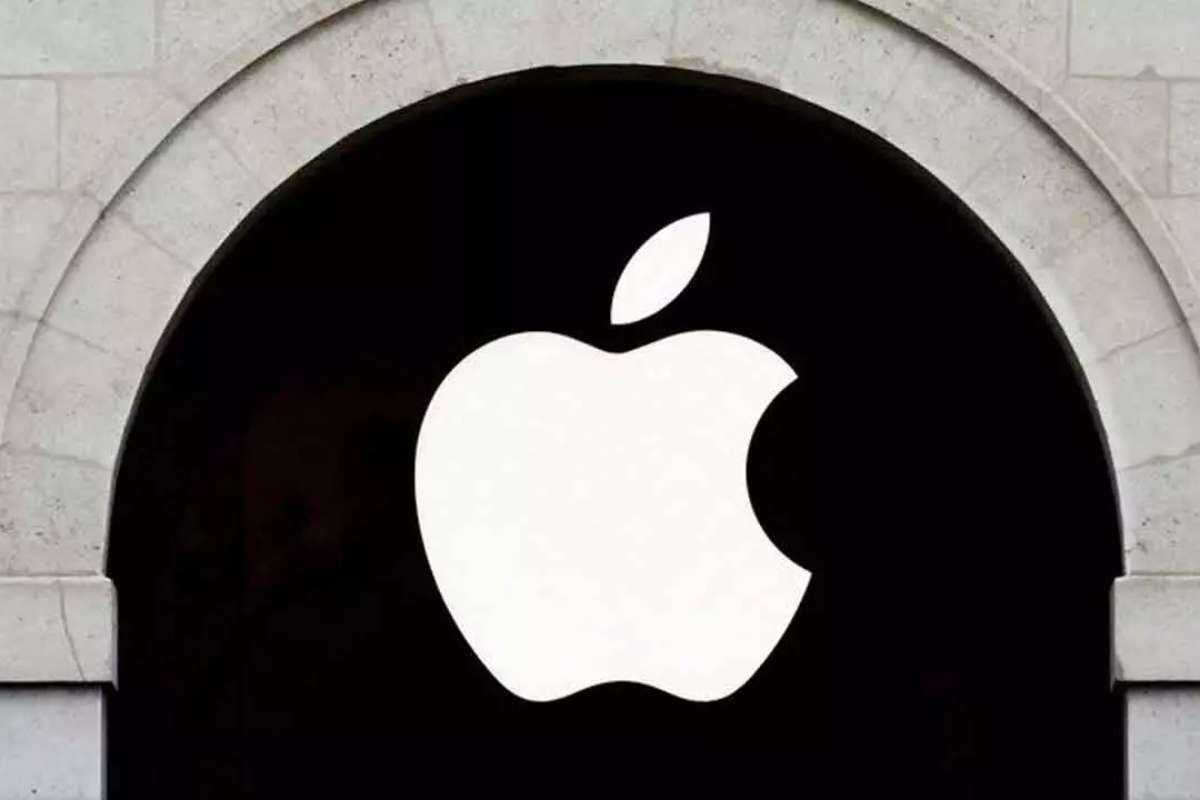Key Points:
- Apple urges EU to rethink DMA, citing user experience risks.
- Concerns over third-party app stores and device security.
- Rising tensions between tech giants and EU regulators.
Apple Urges EU to reconsider its Digital Markets Act (DMA), arguing that the law introduces security risks and disrupts the user experience for consumers across the bloc. The move comes amid ongoing discussions between tech companies and EU regulators over the regulation of digital platforms.
Apple cited concerns that the DMA, designed to increase competition in Europe’s digital market, has inadvertently affected product performance and user privacy. According to the tech giant, enforcement of the law has required additional engineering work to ensure Apple devices operate securely and seamlessly with third-party products.
Impact on Product Features and Consumer Experience
Apple Urges EU to consider the impact of the Digital Markets Act (DMA), highlighted delays in launching new features in the European market, pointing specifically to “live translation” for AirPods. While the feature is now available in the United States, Apple stated that extra development was necessary to comply with the DMA’s requirements for third-party compatibility and privacy safeguards in the EU.
Apple’s submission suggested that the law has created challenges for both consumers and developers, potentially reducing the speed and efficiency of feature rollouts. The company emphasized that users have reported difficulties with the new rules, though it did not disclose specific complaint figures.
For entrepreneurs and app developers, the DMA introduces both opportunities and constraints. By requiring platforms to offer interoperability and increased choice for users—such as alternative browsers and search engines—the law aims to broaden market access. However, companies like Apple have noted that compliance can create operational delays and added engineering demands, which may affect business planning and product innovation timelines.
Apple’s Recommendations for Regulatory Adjustments
In its 25-page submission, Apple recommended either repealing the DMA or creating a more suitable legislative framework. As an alternative, the company proposed that enforcement could be handled by an independent European agency rather than the European Commission itself.
The company stressed that its intention is to maintain security and privacy standards while continuing to provide a seamless experience for its European customers. This focus reflects the company’s broader strategy of leveraging its closed ecosystem as a competitive differentiator, while addressing regulatory expectations for interoperability.
Broader Market Implications
The Digital Markets Act affects a wide range of Big Tech firms and is intended to prevent unfair market dominance by imposing rules on platform operations. Companies must ensure their software and devices can function with third-party products, a requirement that may influence how technology businesses design ecosystems and release new offerings in Europe.
Apple Urges EU to reconsider aspects of the DMA, having previously faced fines under the DMA and other EU competition regulations, emphasizing the financial and operational stakes for global technology firms operating in regulated markets. The law’s requirements have implications for entrepreneurs and business owners, particularly those developing software or hardware that integrates with major platform providers. Understanding DMA compliance and planning product releases accordingly will be key to successfully navigating Europe’s evolving digital market.
Looking Ahead
The EU recently concluded its consultation on the first review of the DMA, signaling that regulators may consider adjustments based on industry feedback. Apple’s submission is expected to be among the most closely examined due to the company’s significant presence in the European market and its influence on consumer-facing technology.
As Apple Urges EU to reconsider the Digital Markets Act, the ongoing dialogue highlights the importance of aligning product development and market strategy with regulatory frameworks. As companies balance innovation, privacy, and interoperability, entrepreneurs must navigate evolving rules while meeting customer expectations for secure, seamless technology experiences.
Sources:










